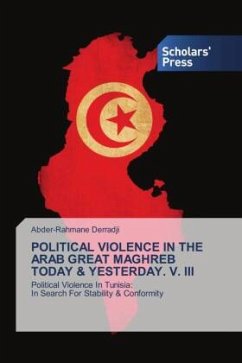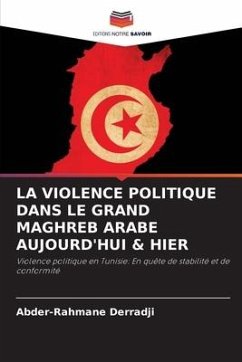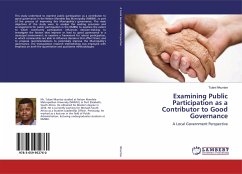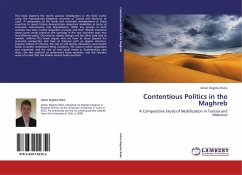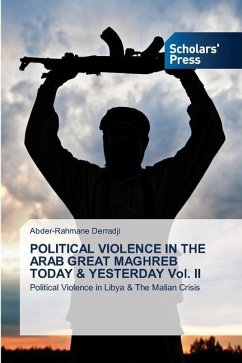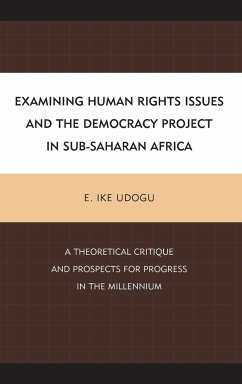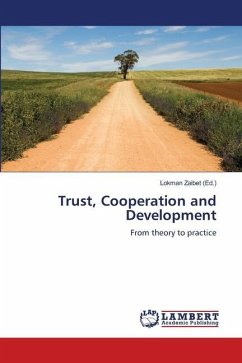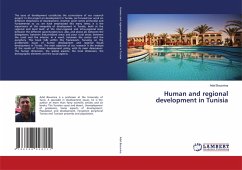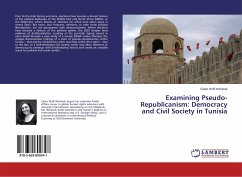
Examining Pseudo-Republicanism: Democracy and Civil Society in Tunisia
Versandkostenfrei!
Versandfertig in 6-10 Tagen
27,99 €
inkl. MwSt.

PAYBACK Punkte
14 °P sammeln!
Prior to the Arab Spring and since, elections have become a shared feature of the political landscape of the Middle East and North Africa (MENA, or the Maghreb), where dozens of elections for office have taken place in recent years. But more, and frequent, elections, or even some political liberalization, are not synonymous with democratization. Where elections have become a feature of the political system, this 2003 analysis finds evidence of de-liberalization. Looking at the pre-Arab Spring record in more detail through a case study of a secular MENA nation (Tunisia), the analysis demonstrat...
Prior to the Arab Spring and since, elections have become a shared feature of the political landscape of the Middle East and North Africa (MENA, or the Maghreb), where dozens of elections for office have taken place in recent years. But more, and frequent, elections, or even some political liberalization, are not synonymous with democratization. Where elections have become a feature of the political system, this 2003 analysis finds evidence of de-liberalization. Looking at the pre-Arab Spring record in more detail through a case study of a secular MENA nation (Tunisia), the analysis demonstrates findings of a state of pseudo-republicanism within Tunisia -- that may be mimicked by other countries within the region -- due to the lack of a well-developed civil society, which may allow elements of democracy to converge with de-liberalizing factors and create an unstable arena for political and social conflict.



